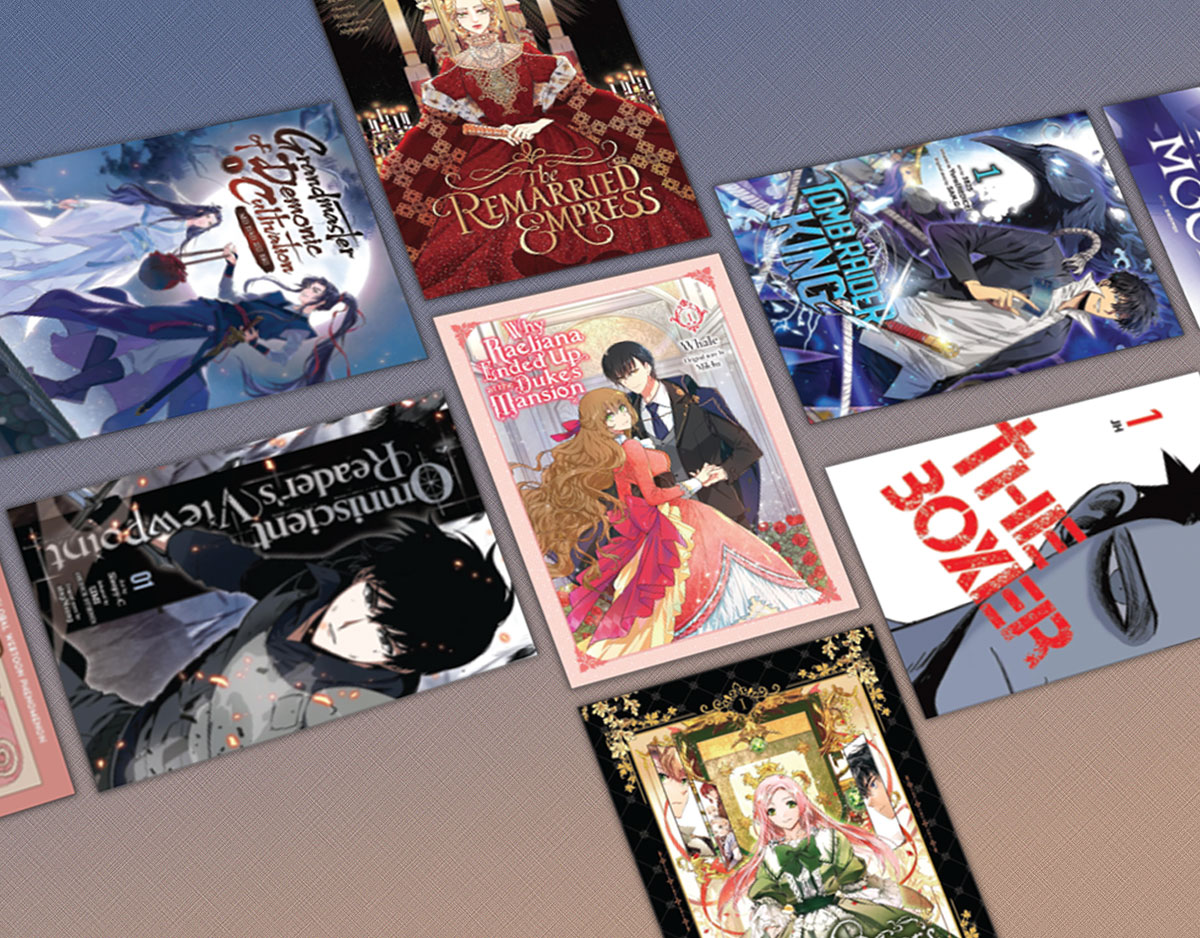Review of the Day: A Girl Called Problem by Katie Quirk
 A Girl Called Problem
A Girl Called Problem
By Katie Quirk
Eerdmans Books for Young Readers
$8.00
ISBN: 97800-8028-5404-9
Ages 9-12
On shelves now.
Who says that mystery novels for kids all have to include the same tropes and settings? I tell you, half the time when a kid comes up to a reference desk asking for a mystery they think what they want is the standard white kids in suburbia model perfected by Encyclopedia Brown and his ilk. They’re wrong. What they really want is great writing and a good mystery with a twist they don’t see coming. So I will hereby give grand kudos and heaping helpfuls of praise to the librarian/bookseller/parent who hears a kid ask for a mystery and hands them Katie Quirk’s A Girl Called Problem. This book is a trifecta of publishing rarities. A historical novel that is also a mystery set in a foreign country that just happens to be Tanzania. Trust me when I say your shelves aren’t exactly filled to brimming with such books. Would that they were, or at the very least, would that you had as many good books as this one. Smart commentary, an honestly interesting storyline, and sharp writing from start to finish, Quirk quickly establishes herself as one author to watch.
The thing about Shida is that in spite of her name (in Swahili it would be “problem”) you just can’t get her down. Sure, her mom is considered a witch, and every day she seems to make Shida’s life harder rather than easier. Still, Shida’s got dreams. She hopes to someday train to be a healer in her village of Litongo, and maybe even a village nurse. In light of all this, when the opportunity arises for all of Litongo to pick up and move to a new location, Shida’s on board with the plan. In Nija Panda she would be able to go to school and maybe even learn medicine firsthand. Her fellow villagers are wary but game. They seem to have more to gain than to lose from such a move. However, that’s before things start to go terribly wrong. Escaped cattle. Disease. Even death seems to await them in Nija Panda. Is the village truly cursed, just unlucky, or is there someone causing all these troubles? Someone who doesn’t want the people of Litongo there. Someone who will do anything at all to turn them back. It’s certainly possible and it’s up to Shida to figure out who the culprit might be.
ADVERTISEMENT
ADVERTISEMENT
The trouble with being an adult and reading a children’s work of mystery fiction is that too often the answer feels like it’s too obvious. Fortunately for me, I’m terrible at mysteries. I’ll swallow every last red herring and every false clue used by the author to lead me astray. So while at first it seems perfectly obvious who the bad guys would be, I confess that when the switcheroo took place I didn’t see it coming. It made perfect sense, of course, but I was as blindsided as our plucky heroine. I figure if I honestly as a 35-year-old adult can’t figure out the good guys from the bad in a book for kids, at least a significant chunk of child readers will be in the same boat.
Now I’ve a pet peeve regarding books set in Africa, particularly historical Africa, and I was keen to see whether or not Ms. Quirk would indulge it. You see, the story of a girl in a historical setting who wants to be a healer but can’t because of her gender is not a particularly new trope. We’ve seen it before, to a certain extent. What chaps my hide is when the author starts implying that tribal medicines and healing techniques are superstitious and outdated while modern medicine is significantly superior. Usually the heroine will fight against society’s prejudices, something will happen late in the game, and the villagers will see that she was right all along and that she’ll soon be able to use Western medicine to cure all ills. There’s something particularly galling about storylines of this sort, so imagine my surprise when I discovered that Quirk was not going to fall into that more than vaguely insulting mindset. Here is an author unafraid to pay some respect to the religion of the villagers. It never dismisses curses but acknowledges them alongside standard diseases. Example: “Though Shida was certain Furaha should take medicine for malaria, she was equally certain she should guard the spirit house that night. Parasites were responsible for some sicknesses and curses for others, and in this case, they needed to protect against both.”
Quirk is also quite adept at using the middle grade chapter book format to tackle some pretty complex issues. To an adult reading this book it might be clear that Shida’s mother suffers from a severe form of depression. There’s no way the village would be prepared to handle this diagnosis, and Shida herself just grows angry with the woman who stays inside all the time. You could get a very interesting book discussion going with child readers about whether or not Shida should really blame her mother as vehemently as she does. On the one hand, you can see her point. On the other, her mother is clearly in pain. Similarly well done is the final discussion of witches. Quirk brings up a very sophisticated conversation wherein Shida comes to understand that accused witches are very often widows who must work to keep themselves alive and that, through these efforts, acquire supposedly witchy attributes. Quirk never hits you over the head with these thoughts. She just lets her heroine’s assumptions fall in the face of close and careful observation.
All this could be true, but without caring about the characters it wouldn’t be worth much. I think part of the reason I like the book as much as I do is that everyone has three dimensions (with the occasional rare exception). Even the revealed villain turns out to have a backstory that explains their impetus, though it doesn’t excuse their actions. As for Shida herself, she may be positive but she’s no Pollyanna. Depression hits her hard sometimes too, but through it all she uses her brain. Because she is able to apply what she learns in school to the real world, she’s capable of following the clues and tracking down the real culprit behind everyone’s troubles. Passive protagonists have no place in A Girl Called Problem. No place at all.
Finally, in an era of Common Core Standards I cannot help but notice how much a kid can learn about Tanzania from this book. Historical Tanzania at that! A Glossary at the back does a very good job of explaining everything from flamboyant trees to n’gombe to President Julius Nyerere’s plan for Tanzania. There are also photographs mixed into the Glossary that do a good job of giving a contemporary spin on a historical work.
Windows and mirrors. That’s the phrase used by children’s literature professionals to explain what we look for in books for kids. We want them to have books that reflect their own experiences and observations (mirrors) and we also want them to have books that reflect the experiences and observations of kids living in very different circumstances (windows). Mirror books can be a lot easier to recommend to kids than window books, but that just means you need to try harder. So next time a 9-12 year-old comes to you begging for a mystery, upset their expectations. Hand them A Girl Called Problem and bet them they won’t be able to guess the bad guy. In the process, you might just be able to introduce that kid to their latest favorite book.
On shelves now.
Source: Galley sent from publisher for review.
Like This? Then Try:
- A Girl Named Disaster by Nancy Farmer
- A Long Walk to Water by Linda Sue Park
- Burn My Heart by Beverly Naidoo
- The Witch of Blackbird Pond by Elizabeth Speare
Notes on the Cover: Now was that so hard? We ask and we ask and we ask for brown faces on our middle grade fiction and still it feels like pulling teeth to get it done. Eerdmans really blew this one out of the water, and it seems they spared no expense. The book jacket is the brainchild of Richard Tuschman who you may know better as the man behind the cover of Claire Vanderpool’s Newbery Award winning Moon Over Manifest. Beautiful.
Other Blog Reviews: Loganberryblog
Professional Reviews: A star from Kirkus
Misc:
- This is utterly fascinating. In this post author Katie Quirk talks about the process that led to the current (and truly lovely) cover.
- And here’s the story behind the book itself.
- And Ms. Quirk shares what a typical day for Shida might look like in this video.
Filed under: Best Books, Best Books of 2013, Reviews, Reviews 2013
About Betsy Bird
Betsy Bird is currently the Collection Development Manager of the Evanston Public Library system and a former Materials Specialist for New York Public Library. She has served on Newbery, written for Horn Book, and has done other lovely little things that she'd love to tell you about but that she's sure you'd find more interesting to hear of in person. Her opinions are her own and do not reflect those of EPL, SLJ, or any of the other acronyms you might be able to name. Follow her on Twitter: @fuseeight.
ADVERTISEMENT
ADVERTISEMENT
SLJ Blog Network
One Star Review, Guess Who? (#202)
More Geronimo Stilton Graphic Novels Coming from Papercutz | News
Parsing Religion in Public Schools
Environmental Mystery for Middle Grade Readers, a guest post by Rae Chalmers
ADVERTISEMENT







Many thanks for bringing this title to my attention! I cannot wait to read it, add it to the Library & share it with my students. Our 6-8th graders spend a term studying African countries, especially post-colonial development, and it’s fabulous to have a terrific mystery to complement their studies.
Oh, it’s ideal for post-colonial development studies! Really it’s a discussion of some of the attempts made by the administration after President Julius Nyerere was elected . . . but in a kid-friendly way. Don’t know how Quirk pulled that one off, but she does.
Bonus: the author has an irresistible name!
True! Though I had to fight with myself not to write Quick each time I mentioned it. “Quirk” just seemed like authorial wishful thinking on my part.
I recently finished this book and popped back to this post to thank you for bringing A Girl Named Problem to my attention. What a fun, refreshing read. I loved how, in addition to post-colonial development, Ms. Quirk tackled some pretty heavy subjects (e.g., women’s roles, the precarious situation of the poor widow or disenfranchised, education of women) within the story’s framework and to do so that flows and does not appear to be Issues or preachy. Like you, I also loved that both traditional and modern medicines were deemed valuable and effective.
For those interested, Ms. Quirk wrote an essay about Authoring Stories About Cultures Not Our Own and her experiences living in a Tanzanian village.
For those looking for another mystery book set in Africa, albeit with a more magical bent, is Akata Witch by Nnedi Okorafor. Twelve-year-old Sunny Nwazue, an American-born albino child of Nigerian parents, moves with her family back to Nigeria, where she learns that she has latent magical powers which she and three similarly gifted friends use to catch a serial killer. Well done discussion of cultural differences and use of some of the Nigerian myths. This book can be read as a stand alone though it does seem as if it’s setting up a series. Though published in 2011, not this year, this book also helps fill the gap of books with middle grade black boys.
For further books that explore colonization, though set in alternate reality South Pacific or Indonesian islands rather than Africa, are:
Nation by Terry Pratchett – After a devastating tsunami destroys all that they have ever known, Mau, an island boy, and Daphne, an aristocratic English girl, together with a small band of refugees, set about rebuilding their community and all the things that are important in their lives. Also a good companion book to any study of natural disasters, especially the 20004 Indian Ocean Tsunami.
Two notes about this book:
— For any audiobook fans, the audio version of this book narrated by Stephen Briggs is fabulous. He’s one of my favorite narrators.
— This is not part of Pratchett’s Discworld books. For those who are fans of or familiar with his Discworld books, the voice and tone in this book is different than the Discworld books. There is Sir Terry’s trademark social commentary, humor, and wit but pitched differently.
The Lost Conspiracy by Frances Hardinge (or Gullstruck Island in the UK) – When a lie is exposed and their tribe turns against them, Hathin must find a way to save her sister Arilou–once considered the tribe’s oracle–and herself. Anyone familiar with Ms. Hardinge’s works, knows to expect intelligent, complex and delightful characters, storytelling, and word play.